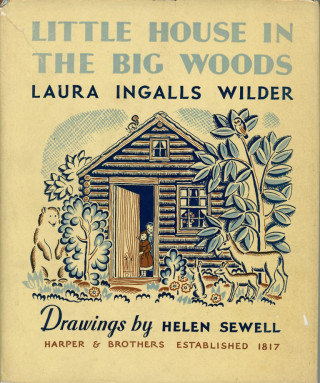CD: Define market fundamentalism.
NO: It’s a quasi-religious belief that the best way to address our needs is to let markets do their thing and not to rely on government. It was best synthesized by Ronald Reagan in his 1981 inaugural address when he declared that “government is not the solution to our problem—government is the problem.”
CD: American public opinion was not always anti-government, was it?
NO: I don’t want to oversimplify. The relationship of the American people to our federal government is complicated. At the beginning of the 20th century, there were huge debates about whether the government had the right to ban child labor or protect workers in factories. Many people thought yes, but many business groups, such as the Chamber of Commerce and the National Association of Manufacturers, argued no. However, the Great Depression led to a broad agreement that the government has a role to play, not just in protecting workers and consumers but also in protecting capitalism itself. Still, during the New Deal, many business leaders fought bitterly against federal involvement in the economy. They lost that debate. In the late 1940s and the 1950s, they reorganized and built a new network to try to undo the New Deal. We’ve documented how a network of conservative ideologues and business leaders built the market fundamentalist case and took it into the mainstream.
CD: How exactly did they do that?
NO: In part, by promoting an intellectual framework for anti-government ideas and then by engaging in the mass media with them. We look at three areas where they were active—the academy, mass culture, and politics, most importantly in promoting the political career of Ronald Reagan. Many people trace current anti-government attitudes to the Reagan presidency.
But Reagan is not the whole story. His career is one piece in a larger puzzle that took off in 1944, when Austrian-British economist Friedrich Hayek published The Road to Serfdom. That work posits that if you compromise economic freedom by allowing the government to become involved in economics—even to address an obvious ill like workplace injuries—you risk compromising political freedoms. In fact, you risk ending up in a dictatorship.
Hayek’s book became the foundational text of modern neoliberalism. An abridged version was featured in Reader’s Digest. A comic book edition was published and distributed at factories and schools. And Hayek himself was imported by a group of wealthy businessmen to take a chair at the University of Chicago.

